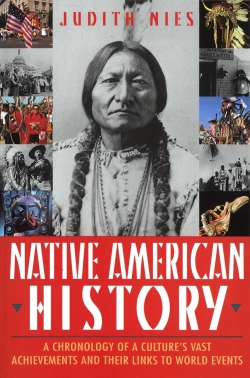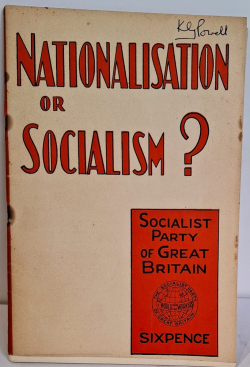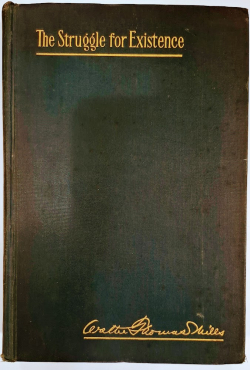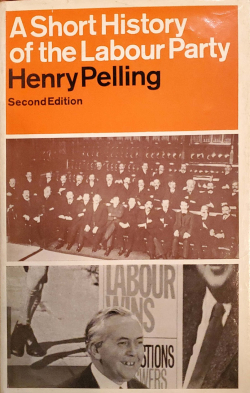The Socialist Party of America: a history
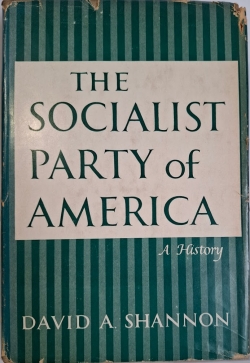
Book Stores
Type
Book
Authors
Shannon ( David A. Shannon )
DDC
329.8
Category
Publication Year
1955
Publisher
MacMillan New York, United States
Description
This is in some ways a terribly sad story. The Party, founded in 1901, had such a hopeful beginning. By 1912, at its peak, the Socialists were electing dozens of mayors, members of state legislatures, a couple of members of Congress, and winning nearly a million votes (6%) in the presidential elections. But by the time David Shannon wrote this book, the party’s presidential election vote had dropped to just 2,000, and it never ran candidates for national office again.
So what went wrong? Many things. The split between the Socialists and Communists following the Russian Revolution certainly didn’t help. Nor did the difficult relationship between the Party and the trade unions of the American Federation of Labor. The Party’s refusal to even consider running candidates in Democratic primaries was another factor, even though when Socialists did this — like Upton Sinclair in 1934 in California — they did remarkably well, breaking into the mainstream and nearly winning.
Shannon has less to say about the role of state repression in the destruction of the Socialist Party and the Industrial Workers of the World (IWW) as well. That repression was ferocious and included arrests, jailings, deportations, the closure of newspapers, the refusal to seat duly elected Socialists to state legislatures, and so on. Even the occasional lynching. The demise of the Socialist Party was hurried along by its enemies.
Shannon seems quite fond of Norman Thomas, who led the party for twenty years after taking over from Eugene Debs. For this reason, perhaps, he glosses over (though he does mention) one of Thomas’ great failures: his willingness to support the America First movement (the earlier one, not today’s version). America First’s leader, Charles Lindbergh, was pro-Nazi. Shannon does, however, touch on an early incident when one of the most senior American socialists, Morris Hillquit, fought back against anti-Semitism in the party.
The early triumphs of the Socialists and the extraordinary leader they had in Debs will inspire American socialists today. The story of the Party’s decline into irrelevance has much to teach them as well.
So what went wrong? Many things. The split between the Socialists and Communists following the Russian Revolution certainly didn’t help. Nor did the difficult relationship between the Party and the trade unions of the American Federation of Labor. The Party’s refusal to even consider running candidates in Democratic primaries was another factor, even though when Socialists did this — like Upton Sinclair in 1934 in California — they did remarkably well, breaking into the mainstream and nearly winning.
Shannon has less to say about the role of state repression in the destruction of the Socialist Party and the Industrial Workers of the World (IWW) as well. That repression was ferocious and included arrests, jailings, deportations, the closure of newspapers, the refusal to seat duly elected Socialists to state legislatures, and so on. Even the occasional lynching. The demise of the Socialist Party was hurried along by its enemies.
Shannon seems quite fond of Norman Thomas, who led the party for twenty years after taking over from Eugene Debs. For this reason, perhaps, he glosses over (though he does mention) one of Thomas’ great failures: his willingness to support the America First movement (the earlier one, not today’s version). America First’s leader, Charles Lindbergh, was pro-Nazi. Shannon does, however, touch on an early incident when one of the most senior American socialists, Morris Hillquit, fought back against anti-Semitism in the party.
The early triumphs of the Socialists and the extraordinary leader they had in Debs will inspire American socialists today. The story of the Party’s decline into irrelevance has much to teach them as well.
Number of Copies
1
| Library | Accession No | Call No | Copy No | Edition | Location | Availability |
|---|---|---|---|---|---|---|
| Main | 1904 | 1 | Yes |
